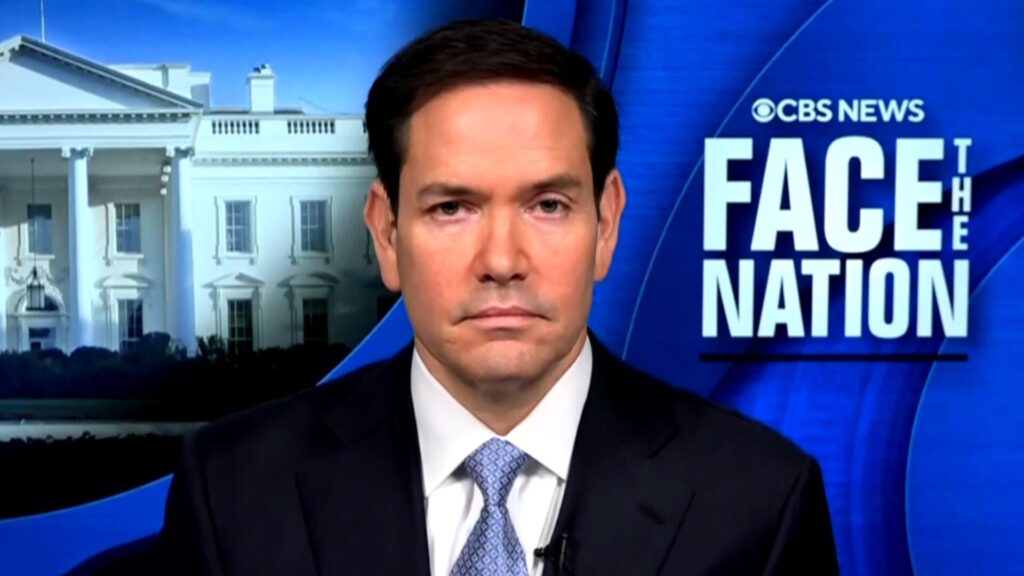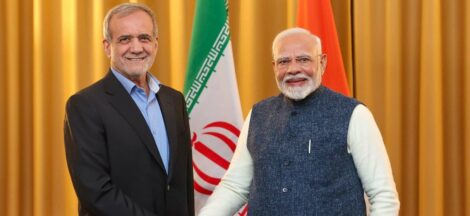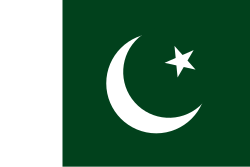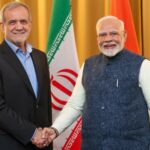U.S. Secretary of State Marco Rubio has urged Beijing to leverage its clout with Tehran to stop Iran from closing the Strait of Hormuz following recent airstrikes on Iranian nuclear facilities. Rubio, also serving as national security adviser, warned that a closure would amount to “economic suicide” for Iran and impair global economies even more than America’s, urging China to pressure Iran in light of its dependence on the vital oil route.
The Iranian parliament has approved a proposal to shut the strait, which channels nearly one‑fifth of the world’s oil and gas flow. Rubio warned it would be a massive escalation warranting a robust response from the U.S. and allies. He described Iran’s potential move as “the worst mistake they’ve ever made”, emphasising that Washington retains options but prefers action from other nations.
The U.S. launched a major air campaign, deploying bunk‑buster bombs and Tomahawk missiles against Iran’s nuclear sites, permanently damaging facilities including the Fordow plant. Though no rise in radiation was observed, the International Atomic Energy Agency reported that assessments remain incomplete. Iran retaliated by firing missiles at Israel, while stopping short of acting on its strait closure threat.
China, which imports about 40 per cent of its oil through this maritime chokepoint, has called for calm and urged dialogue rather than escalation. President Xi Jinping told counterparts that instability in the Middle East would threaten global peace. Despite strong economic ties with Iran, China maintains a stance of non‑interference, offering diplomatic encouragement but no military backing.
Global oil markets have already reacted. Brent crude hit a five‑month high, driven by the threat of supply disruption, though analysts warn that physical supplies remain steady for now. Experts caution that prolonged instability could ripple across global trade routes, with Rabobank and JP Morgan analysts highlighting Iran’s dependence on Hormuz and the wider economic fallout.
China’s influence over Tehran is limited. Foreign policy analysts point out that Iran’s Revolutionary Guard operates independently, prioritising ideological and security objectives above economic interests. China’s Gulf ties are cautious and pragmatic, and Beijing is unlikely to influence Tehran’s strategic decisions merely through economic leverage.
Iran has indicated that any closure of Hormuz would require endorsement from the Supreme National Security Council, suggesting that while parliament’s move is serious, it is not yet definitive. Meanwhile, global diplomatic efforts have intensified. European nations have convened discussions in Geneva, urging restraint, while China and Russia, alongside UN agencies, have deployed envoys to lobby against escalation.
Arab and Muslim leaders have also pressed for de‑escalation, warning of humanitarian consequences. The UN Secretary‑General described the strike as a “perilous turn”, and European diplomats emphasised that diplomacy — not conflict — should define the path forward.
Rubio’s appeal to China underscores a U.S. shift towards multilateral pressure, positioning Beijing as a potential mediator. While China is unlikely to dissuade Iran unilaterally, its participation reflects growing global alarm over the risk of chokepoint closure and a broader Middle East conflagration.




 Modi Urges Diplomacy After US Strikes Iran Nuclear Sites
Modi Urges Diplomacy After US Strikes Iran Nuclear Sites 